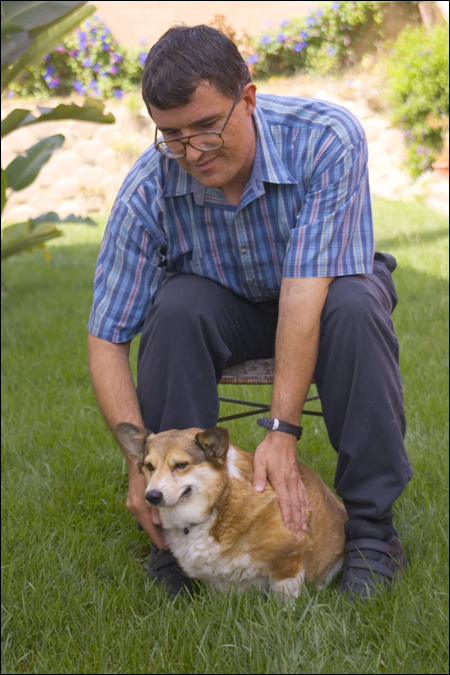You're in my heart, you're in my soulIn truth, it might be more accurate to say that she was in his associative network of knowledge.
You'll be my breath should I grow old
You are my lover, you're my best friend
You're in my soul
People carry around a great deal of memories. To function effectively, we must retrieve needed information reasonably reliably when an occasion rises and we must do this without burdening ourselves too much with the information overload that would result if too much irrelevant information were retrieved at the same time. Thus, the brain functions in large part by "linking," or associating, various pieces of information with each other. (This, by the way, is how we learn.) Thinking of object or idea, then, is likely to activate another. Consider, for example, the "nodes" that might be activated in a chain of events by one individual when the notion of an elephant is introduced:

A person who has played a central role in one's life is likely to be implicated in a number of linkages. Therefore, he or she is likely to come up frequently as any one of numerous nodes are activated.
A Sufi sage was once asked what he associated with camels. "Food," was the answer. The questioner objected that one does not eat camels. "But everything reminds of food," said the sage.
It seems that being in someone's associative network of knowledge may not consistently be given the credit it deserves.





No comments:
Post a Comment